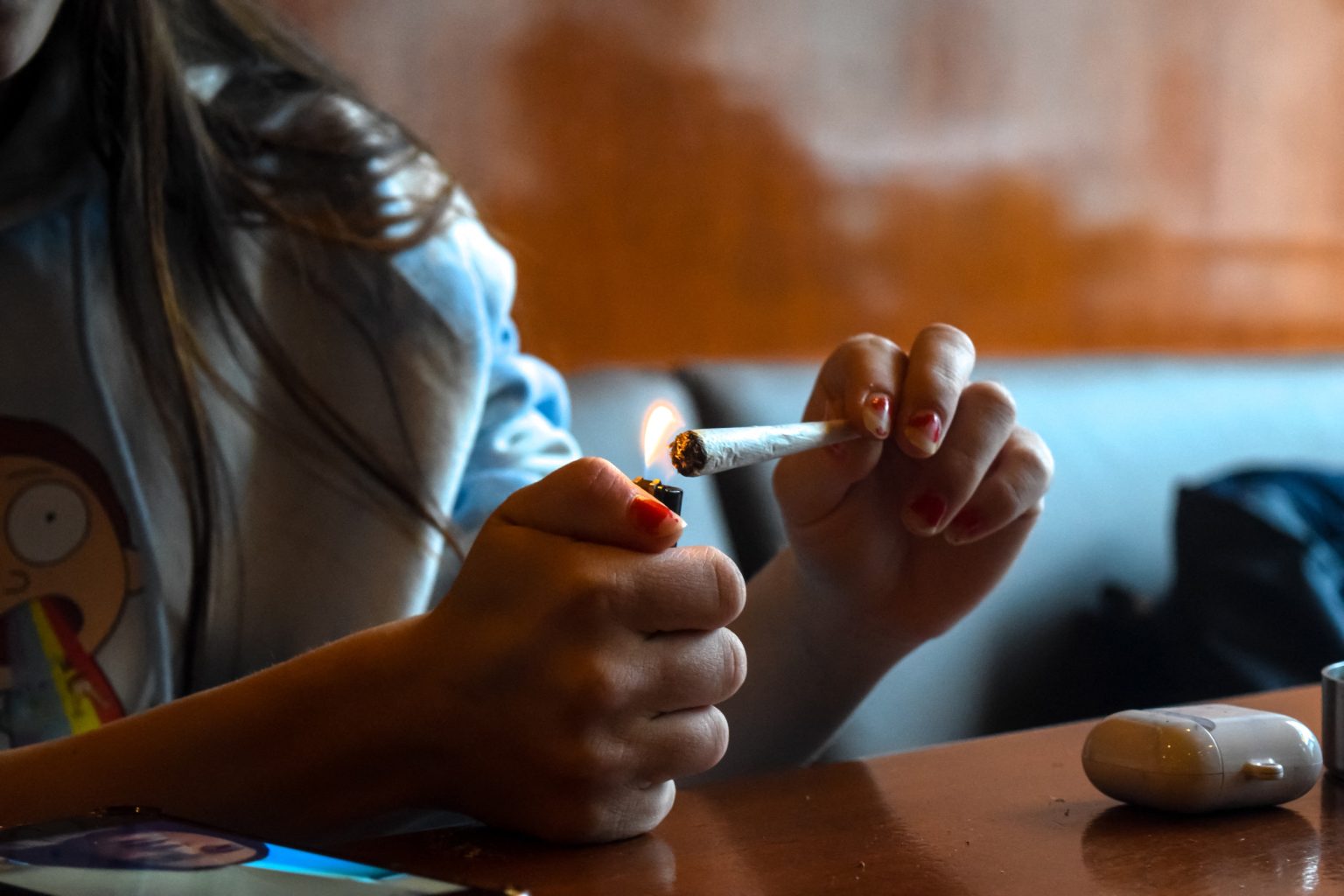The state Assembly of California passed a bill known as AB-1775, which would allow cannabis dispensaries to sell food and beverages as well as host live events such as music concerts. This legislation gives local jurisdictions the authority to decide whether establishments that sell cannabis can offer additional products and entertainment services to their customers. However, critics argue that this new law would violate California’s smoke-free workplace rules that have been in place since 1994. Organizations like the American Cancer Society Cancer Action Network, the American Heart Association, and the American Lung Association have opposed the bill, stating that it could recreate harmful work environments from the past.
Assemblymember Matt Haney from San Francisco, who introduced the bill, has adjusted the legislation to address concerns about violating workplace rules. The bill would impose conditions on dispensaries, including guidelines to prevent the smoking or vaping of cannabis products in areas where food is prepared or stored. Businesses would also need to ensure that noncannabis food and beverage items are not contaminated by or mixed with cannabis products that are sold or consumed on the premises. Haney believes that the bill will level the playing field for legal cannabis businesses that are struggling to compete with the thriving black market while facing heavy taxation and regulation.
The bill does not set specific rules for the entire state of California, leaving it up to local authorities to determine how to enforce the new regulations. In West Hollywood, a licensing system has allowed some businesses to navigate around existing laws by separating the sale of food and cannabis, such as having customers order from different servers. While consuming cannabis is permitted at dispensaries throughout the state, customers are currently unable to purchase noncannabis food and drinks on-site. The bill aims to provide legal businesses with more opportunities to diversify their operations and uphold ethical standards.
Governor Gavin Newsom vetoed an earlier version of the bill in October due to concerns about violating smoke-free workplace regulations. The legislation now includes provisions to prevent cannabis consumption in areas where food is prepared or stored, indicating an effort to address previous criticisms. By allowing dispensaries to expand their product offerings and host events, supporters of the bill hope to bolster the legal cannabis market in California and reduce the influence of the illicit black market. The bill would provide legal businesses with more flexibility and potentially drive further growth in the industry.
The new measures proposed by AB-1775 would give legal cannabis businesses in California the opportunity to create unique spaces similar to Amsterdam-style cannabis cafés. By offering food, beverages, and entertainment, dispensaries could attract more customers and differentiate themselves from the black market. While critics have voiced concerns about possible health risks associated with combining cannabis consumption and food service, proponents of the bill argue that it will help regulate the industry and increase compliance with existing laws. The outcome of the bill will depend on approval from the state Senate and the enforcement decisions made by local jurisdictions across California.


